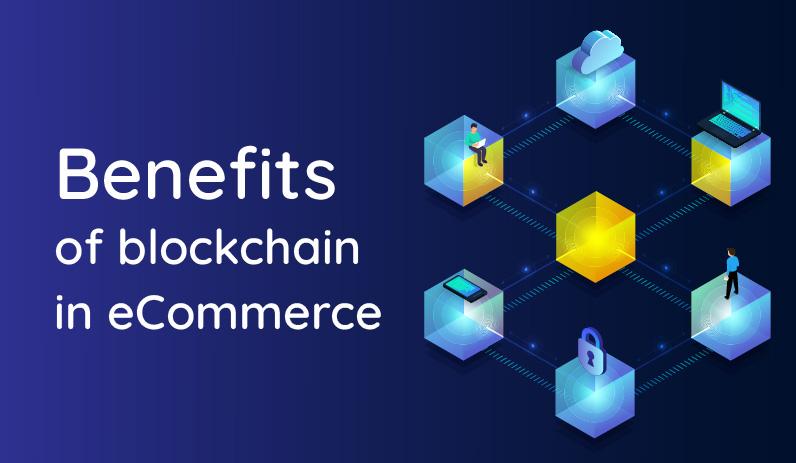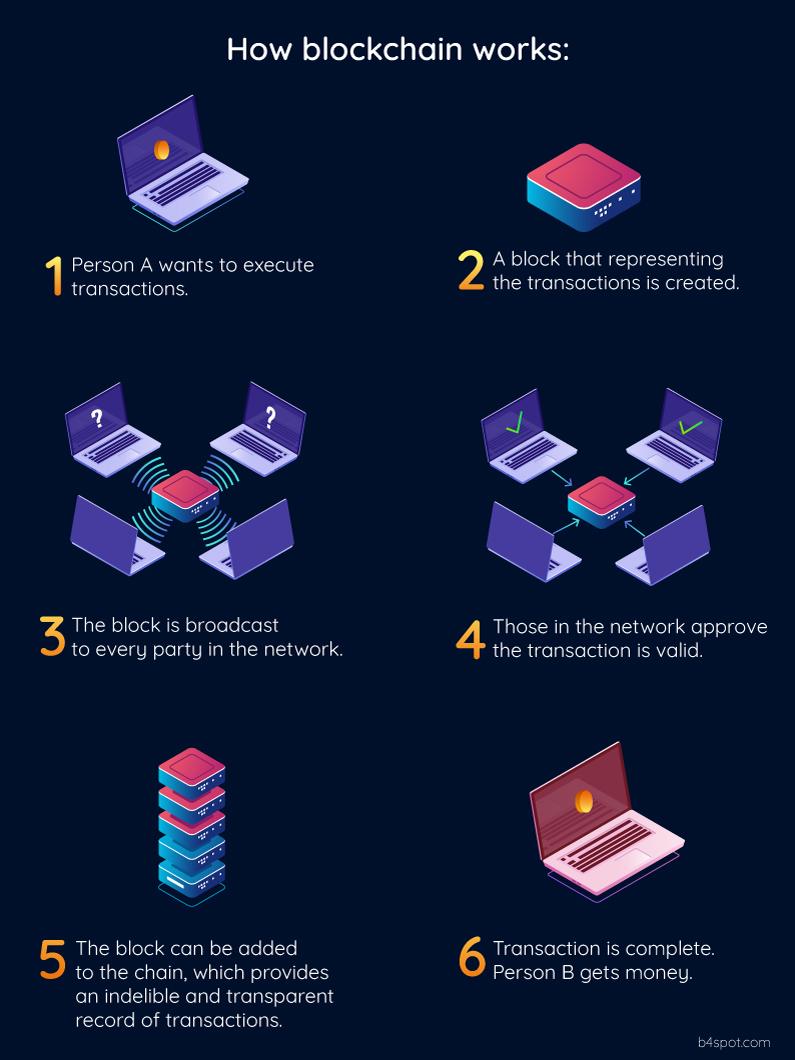In 2015, the popularity of blockchain grew significantly due to the rise in the value of bitcoin. Simultaneously, publications were released explaining the potential economic benefit of this technology. Articles on crypto and blockchain appeared more and more frequently in widely read journals such as Nature and Harvard Business Review. The question was how this technology could bring a business benefit. That’s why research projects began to emerge, for example, on how blockchain may help improve the supply chain.
Now cryptocurrencies are no longer a curiosity for geeks as they were a few years ago, but become a fully-fledged payment method in the mainstream. And blockchain is a technology that streamlines the payment process.
What exactly are cryptocurrencies and blockchain?
A cryptocurrency (crypto-currency, or crypto) is a digital currency that functions as a means of exchange via a computer network and is not dependent on any central authority, such as a government or bank. They don’t have a physical form like banknotes. As most countries don’t regulate crypto, mining it with algorithms is legal.
The most popular crypto is bitcoin but there exist thousands of cryptocurrencies (e.g. Ethereum, Solana, Dogecoin, Polkadot).
With cryptocurrency comes the blockchain. Blockchain can be defined from three different angles. Technically, it is a data structure that maintains a publicly auditable distributed ledger. Business-view, is a network for exchanging transactions, value, and assets amongst peers without the need for intermediaries. Seen through a legal lens, it verifies transactions, therefore replacing previously trusted entities.
“Can I accept crypto payments if I have a store on Magento?”
Unfortunately, crypto payment accepting solutions are not popular, but more and more plugins are appearing on the market. They will enable you to provide your customers with payments in electronic currency.
We checked out “utrust”. For the time being they support: Bitcoin, Ethereum, UTK, Dash, USDT, USDC and eGLD. If you have experience with installing plugins in Magento, the process is similar. Finally, you just need to integrate Magento with utrust.
An interesting direction is also websites that allow the customer to pay for an order in crypto, even if the store does not have an appropriate payment gateway (payb.io).
How does blockchain work (payments)?
Blockchain technology isn’t just used for the payments themselves. It can also be used in order tracking, both on the customer’s and seller’s sides. Therefore it can bring you a range of advantages for your business.
Benefits of blockchain in eCommerce:
Supply Chain: Track and Trace
Supply chain management is one of the key elements of eCommerce. This is because monitoring the delivery route of the goods is time-consuming but necessary. Blockchain in eCommerce can automate the tracking of product flows to and from your premises. The recorded data is transparent, therefore any discrepancies in quantity or quality become verifiable. Additionally, thanks to smart contracts in the blockchain, stores can also automate inventory management. The system will order the goods from the supplier after reaching the agreed minimum limit. Consequently, stores neither have excess products nor shortages of goods.
Among the popular companies that have used such technology is Walmart.
A senior director at Walmart Technology, Karl Bedwell, pointed out:
“Creating a (traceability) system for the entire food supply ecosystem has been a challenge for years, and no one had figured it out. We thought that blockchain technology might be a good fit for this problem, because of its focus on trust, immutability, and transparency.”
The research team at Walmart tested some of the product trackings and claims that with the new system, the time needed to trace the firm’s provenance has dropped from 7 days to just 2.2 seconds.
Transparency
Transparency – is another advantage of this technology. In an age where you can become a scam at every turn, customer confidence in new stores is very low. it is worth providing a solution that increases the transparency of the payments.
Blockchain makes every transaction is recorded in a shared ledger and cannot be modified. This ensures securely track any transaction. It’s increases trust and safety for buyers and sellers alike. It’s a fast, dependable technology that corporations like Amazon, Alibaba, FedEx and UPS are already using.
Cost-Effectiveness
Why the use of crypto pays off? Blockchain doesn’t use SWIFT (The Society for Worldwide Interbank Financial Telecommunication) because is a decentralized service. It means that the transactions don’t go through any institutions such as banks, which results in no margin. It is both more profitable for sellers and buyers. Thanks to the zero margin, customers have lower prices and stores lower costs.
Summary
Using outdated solutions and not following promising technologies, there is no chance that you will become a pioneer in your industry.
Blockchain simplifies, accelerates, and secures transactions, making it suitable for eCommerce. By offering secure online transactions, may simplify transaction processes and provide a quick way for customers to pay. If you want to build a future-proof eCommerce, it is worth considering cryptocurrency payments. It’s may prove to be your advantage over others. We believe that blockchain technology will develop even more and we will be able to find new benefits while using it.
Sources:
sciencedirect.com/science/article/pii/S1567422321000260
Want to start a project?
B4SPOT team will be excited to take your ideas into action. Please contact us right away to discuss your journey.


Data Security
Traditional methods of information encryption are slowly becoming ineffective because they are easy to break. Data leaks can cost a store a large chunk of revenue and a loss of credibility that most retailers cannot afford.
Blockchain is based on distributed ledger technology (DLT), which provides the highest level of security for online database systems accessible. It prevents cyber-attacks through a decentralized ecosystem. As a result, it’s impossible to leak confidential information about customers and payments.
Centralised ledger vs Distributed ledger